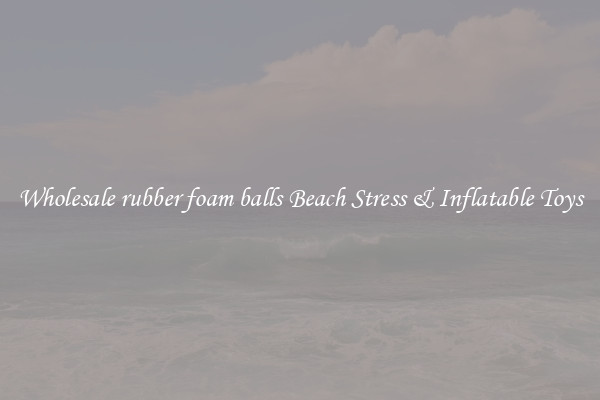case sucks, case sucks Suppliers and Manufacturers
Case Sucks: Suppliers and Manufacturers

Case sucks, a term commonly used in the business world, refers to a situation where a supplier or manufacturer fails to meet the expected standards of quality, efficiency, and customer service. This can have detrimental effects on both the buyer and the seller, ultimately leading to dissatisfaction, financial loss, and damage to the reputation of the supplier or manufacturer.
Suppliers play a vital role in any business. They provide the necessary raw materials, components, or finished goods that are essential for the production and operation of a company. However, when a supplier fails to deliver as promised, it can have severe consequences for the buyer. Delays in delivery, poor quality products, or a lack of responsiveness to customer inquiries can disrupt the production process, hinder customer satisfaction, and result in increased costs for the buyer.
On the other side of the spectrum, manufacturers are responsible for converting raw materials or components into finished goods. If a manufacturer fails to meet the agreed-upon specifications, it can result in defective products, delays in production, and a tarnished reputation. This can be especially detrimental for manufacturers who rely heavily on repeat business or depend on building long-term relationships with their customers.
The consequences of case sucks can extend far beyond immediate financial loses. For both suppliers and manufacturers, it can damage their reputation in the industry. News about poor quality products or unreliable delivery can spread quickly, resulting in lost business opportunities and decreased customer trust. In an era of social media and online reviews, negative feedback about a supplier or manufacturer can have a long-lasting impact.
To avoid case sucks, both suppliers and manufacturers should focus on building a strong foundation of trust and communication with their customers. Regular communication regarding order status, delivery timelines, and quality control measures can help manage expectations and ensure a smooth collaboration. Additionally, investing in quality checks, continuous improvement, and maintaining high standards of manufacturing processes can demonstrate a commitment to excellence.
For buyers, it is crucial to conduct thorough due diligence before engaging with a supplier or manufacturer. Proper research, supplier audits, and reference checks can help identify potential red flags and avoid unpleasant surprises in the future. Developing strong relationships with trusted suppliers and manufacturers can lead to long-term partnerships built on reliability and mutual success.
In conclusion, case sucks can have grave consequences for both buyers and sellers. It is crucial for suppliers and manufacturers to prioritize quality, efficiency, and customer service to avoid disappointment and reputational damage. Likewise, buyers should exercise caution in selecting their suppliers or manufacturers and strive to establish strong, transparent relationships. By doing so, the chances of encountering case sucks can be significantly reduced, resulting in more successful and sustainable business partnerships.

View details

View details

View details

View details








